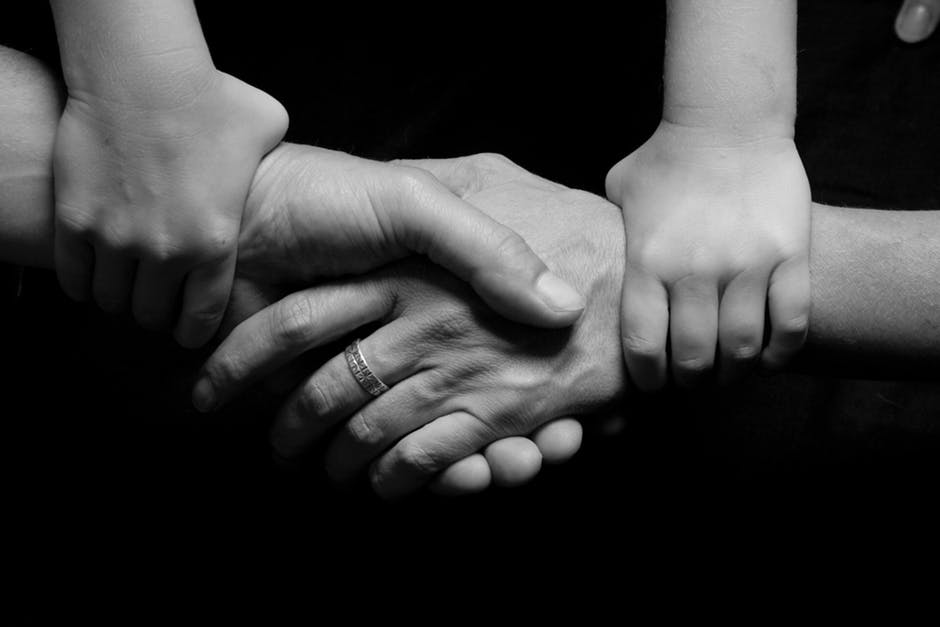Have you ever noticed that parents don’t stand around and talk about how their child didn’t make the team, failed a test, or cried as they waited in line for a roller-coaster? Parents prefer to talk about achievement, growth, and well-being rather than the disappointments their children experience. It’s no surprise children and adolescents do not want to talk about failures, bad habits, and areas of weakness. “Why would I want to talk about something that makes me feel bad?” they say to me.
If I surveyed parents, most of them would say that resilience is an important quality they want to help their child develop. Resilience is our ability to tolerate stress, frustration, and adversity with flexibility and hopefulness. Learning to be resilient in the face of manageable threats (e.g. being corrected by a teacher in front of peers, mixing up words during a presentation, coming in last place in the race) helps a child develop a foundation that equips them for potential larger hurdles.
Talking about our failings may feel uncomfortable, but it helps empower us as we share the narrative with an awareness of what happened, what we had power to control and what was out of our control, and ideas for what to do different next time. A supportive relationship with at least one adult is a key factor in building resilience in a child. Within such relationships, failure and disappointment can be discussed without shame or embarrassment. Parents can help their child understand what was in their control and how they can change similar situations in the future. Talking about it also helps develop self-regulation skills by learning to effectively cope with and express one’s emotions. While celebrating failure sounds counter-intuitive, this practice can help cultivate patterns of resilience that will be needed in the present and future.
Here are some additional ways to build and model resilience at home:
- Go around the dinner table and share one thing that was difficult for you during the day, or maybe even something you “failed” at, and then celebrate your ability to handle hardship and receive support from others.
- Talk about moving towards goals and values, not just achieving them. Help children break large tasks or goals into smaller steps, and recognize progress as they move towards the bigger goal.
- Use humor to laugh at oneself and the situations of life we find ourselves in. I once made an almost half-court shot on the middle school basketball team…in the wrong basket. While the other team got the 3 points, I had an opportunity to not take myself too seriously and find a positive outlook on the bigger picture beyond my initial embarrassment.

